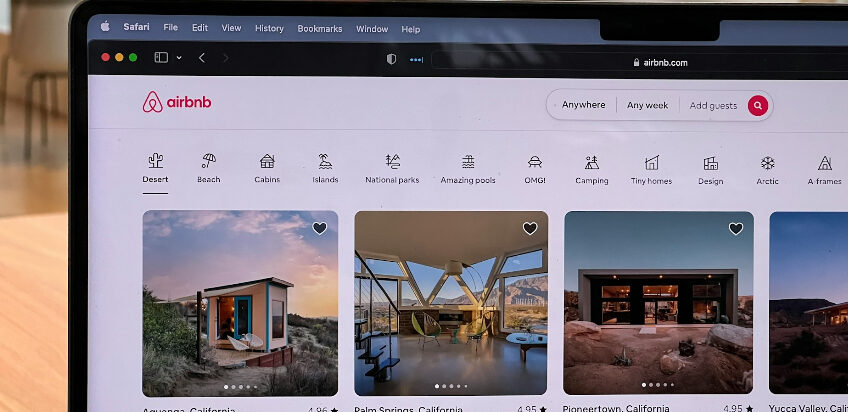Short-term rental platforms like Airbnb, Vrbo, and Booking.com have become increasingly popular in New Jersey, offering travelers unique and affordable lodging options. But what happens if you are injured during your stay? From slip and fall accidents to faulty furniture or unsafe conditions, injuries in short-term rentals can be complicated legal matters. Understanding your rights and the potential liability of property owners, managers, and rental platforms is critical if you suffer harm while staying at one of these properties.
Common Causes of Accidents in Short-Term Rentals
Injuries at vacation rentals often arise from unsafe conditions that could have been prevented with proper maintenance or warnings. Common scenarios include:
- Slip and Fall Hazards – Wet floors, loose rugs, or uneven steps.
- Defective Furniture or Appliances – Collapsing chairs, broken beds, or malfunctioning stoves.
- Poor Lighting – Inadequate lighting in stairways, driveways, or hallways leading to falls.
- Lack of Smoke or Carbon Monoxide Detectors – Creating a risk of fire or poisoning.
- Unsafe Outdoor Areas – Unfenced pools, broken decks, or icy walkways.
These dangers can turn a relaxing stay into a trip to the emergency room—and a potential legal claim.
Premises Liability in New Jersey
New Jersey law requires property owners to maintain their premises in a reasonably safe condition for lawful guests. This duty applies to short-term rentals just as it does to hotels, apartment buildings, and private homes. Owners must inspect their properties, fix hazards, and warn guests of dangers that are not obvious.
If an owner fails to take these steps and a guest is injured, they may be held liable under premises liability law. In some cases, property managers or cleaning companies who neglected their duties may also share responsibility.
Airbnb and Platform Liability
Many travelers wonder whether Airbnb itself can be sued if an accident happens. Generally, rental platforms act as intermediaries, connecting hosts and guests. They are not usually considered property owners and therefore are not directly responsible for unsafe conditions.
However, Airbnb provides a Host Protection Insurance program that can cover certain guest injuries up to a specified limit. This coverage is not guaranteed, and claims may still be disputed, so consulting an attorney is essential to determine the best way to pursue compensation.
Proving Negligence
To win a claim, the injured guest must typically prove:
- The property owner or manager had a duty of care.
- They breached that duty by failing to maintain safe conditions or warn of hazards.
- The breach directly caused the injury
- The guest suffered measurable damages (medical bills, lost wages, pain and suffering).
Evidence such as photos of the hazard, witness statements, medical records, and maintenance logs can be crucial in proving the case.
Steps to Take After an Accident
If you are hurt while staying at a short-term rental:
- Seek medical attention right away.
- Document the dangerous condition with photos or video.
- Report the incident to the host and to the rental platform.
- Save all communication with the host and the company.
- Contact an experienced premises liability attorney as soon as possible.
Prompt action can help preserve evidence and strengthen your claim.
Conclusion
Accidents in short-term rentals and Airbnb properties can raise unique legal issues, but New Jersey law provides protection for injured guests. Property owners and managers have a duty to keep their rentals safe, and they can be held liable when negligence leads to harm. If you are injured during your stay, consulting a knowledgeable attorney can help you navigate insurance claims, determine liability, and pursue fair compensation for your injuries and losses.
